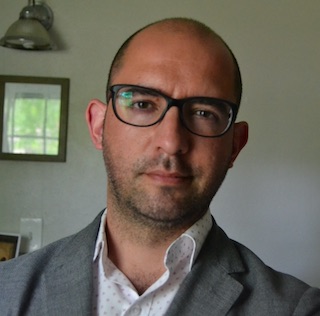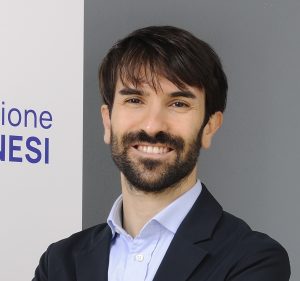Date: 7 July 2025 Time: 17:00 Venue: Aula Beta in Building 24 (via Golgi 40).
Abstract: This talk will focus on the implications that the use of computational methods, such as extractive and generative AI technologies (e.g., ML/LLMs), to automate science have on the presence or absence of serendipity— i.e., the finding of things not sought— in scientific inquiry (Andel, 1994; Arfini et al., 2020; Copeland, 2019; Copeland et al., 2023) and explore the extent to which these implications matter to the aims of science and our scientific epistemology (Lenhard, 2019).
Dr Ramón Alvarado is an Associate Professor of Philosophy at the University of Oregon. He is interested in the philosophical implications of the design, development and deployment of computational methods and technologies in science and society. In particular, he writes on the philosophy of computer simulations, AI ethics, data Ethics, and the epistemology of science as related to computer technology.








